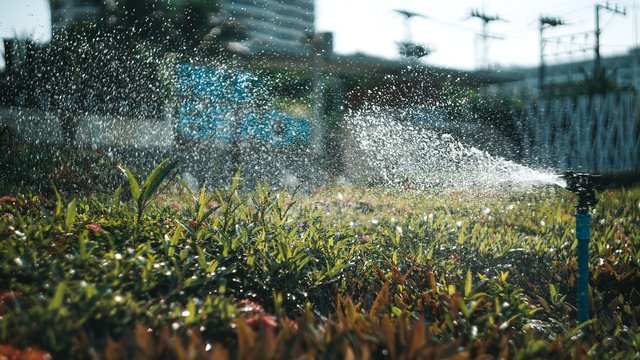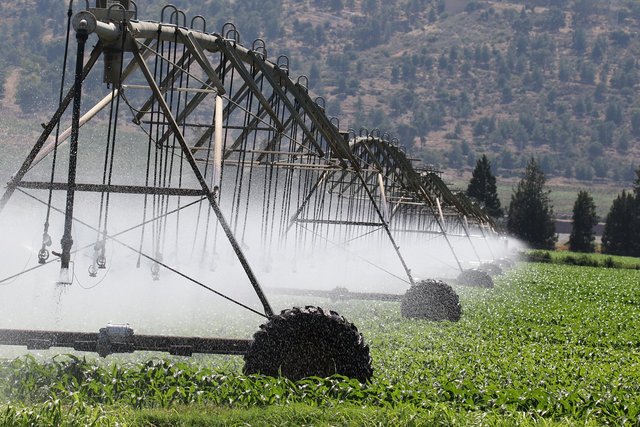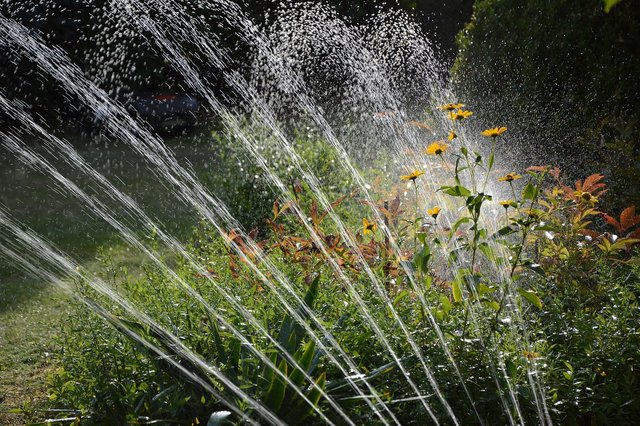Basic Knowledge in Agriculture #50
One of the most significant characteristics of the modern agricultural system is irrigation and makes sure that agriculture is not entirely dependent on the natural rainfall.
Irrigation has been a paramount tool in food security and crop production, now that weather patterns have been disrupted by climate change in the modern world, and drought has become more common than usual. It offers farmers some water supply so that the farmers can produce crops all the year round without depending on the annual rainy seasons. The result is the increase in productivity, multifarious crop/rational use of land.
Among the greatest contributions of irrigation in the modern agriculture is that it has provided stability in yields. In irrigated areas, farmers have lesser anxiety over crop failure as a result of water shortages and therefore are more confident to invest in better seeds, fertilizers and new technologies. The irrigation practice also favors high value but water-demanding crops like rice, sugarcane, and vegetables which play a big role in economic development and exportation.
Besides the fact that the food supply grows as a result of irrigation, it also leads to agricultural diversification. Controlling the water supply will enable farmers to abandon the traditional staples to horticulture crops, fruits and floriculture thereby boosting the amount of income and nutrition to communities. Very advanced irrigation methods such as drip irrigation, sprinkler irrigation among others, take a further step to make sure that there is efficiency in saving wastage of water and that there is availability of moisture in the plant roots. This precision saves the work, it saves water and improves the fertility of the soil by removing the salinization and water logging.
Besides, rural development has been a result of irrigation. It provides jobs in agriculture and the agricultural fields, improves the living standard, and empowers food industries. Irrigation infrastructure is an area where governments and organisations across the world have invested very highly because it is a pillar of agricultural modernization. Nevertheless, there are obstacles that still exist, like excessive groundwater extraction, excessive energy consumption, and inequality among smallholder farmers.
To sum up irrigation is not a supportive practice only but a pillar of contemporary agriculture. It is converting farming into a lottery game on whether it will rain or not to a science-oriented farm production, which supports livelihoods, enhances productivity, and guarantees food security to an increasing global population.
Thanks for reading my post I'm inviting @ninapenda, @chant and @aviral123 to participate.



https://x.com/entity673865/status/1973831965389566152?t=6BYOeTbNnBOrsSmKJ3707g&s=19